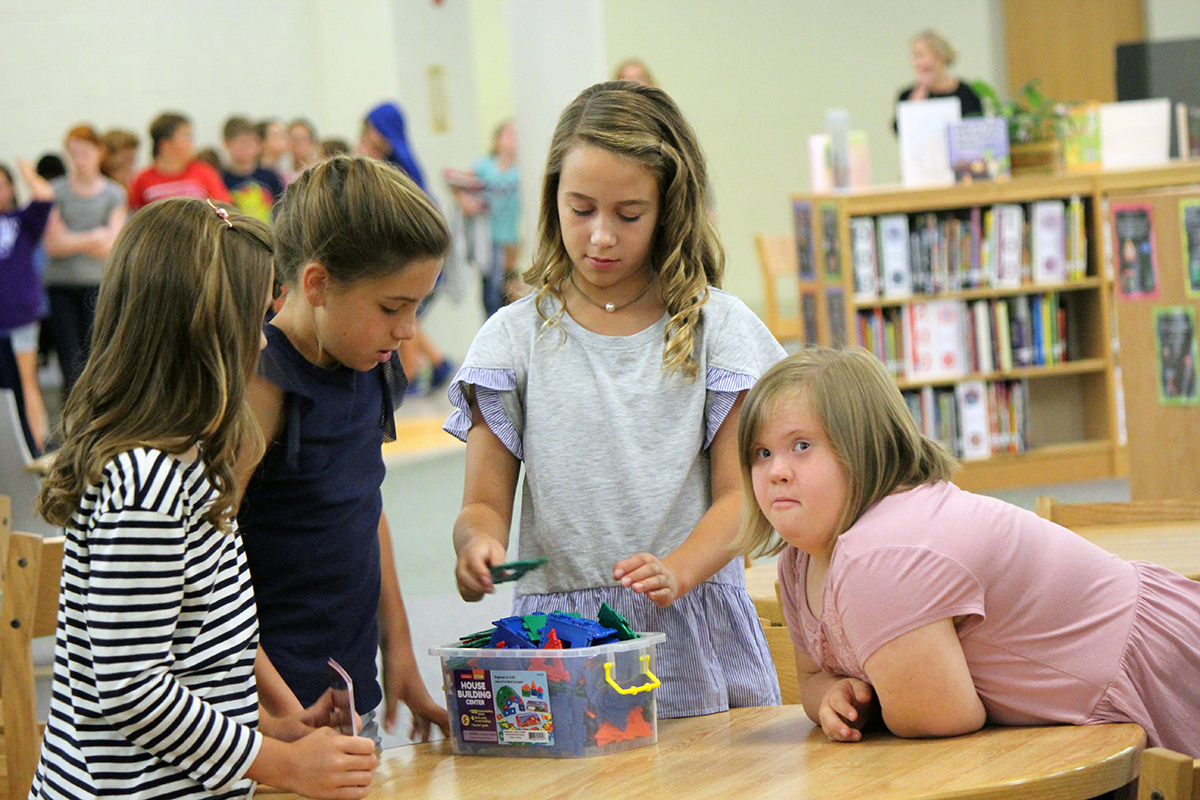Tag: education
-

HDI Projects for Education & an Insider Perspective from Mike Abell: Part 2
by Amanda Corbin Innovations in Education For students age three to 21, in both special education and general education, we are already seeing innovation in public education. Dr. Abell predicts […]
-

HDI Projects for Education & an Insider Perspective from Mike Abell: Part 1
Amanda Kelley Corbin Dr. Mike Abell has worked in special education since 1991 and has experience with students with disabilities from preschool to post-secondary transition. He has worked on projects […]